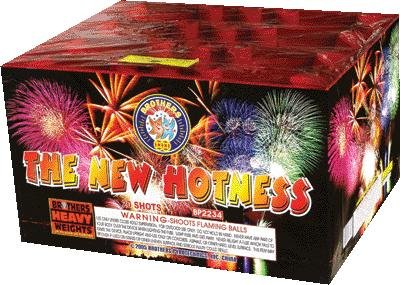Transducers

Before We Start
:dependencies [[org.clojure/clojure "1.7.0-alpha1"]
[org.clojure/core.async "0.1.338.0-5c5012-alpha"]]Reduce
https://clojure.github.io/clojure/clojure.core-api.html#clojure.core/reduce
Reduce
function
Usage: (reduce f col)
(reduce f val col)
Overly simple example:
(reduce + [1 2 3 4 5])
Reducing Function
This time less trivially:
(defn word-counts
[running-counts next-word]
(update-in running-counts [next-word]
(fnil inc 0)))
user=> (word-counts {"a" 1} "a")
{"a" 2}
user=> (word-counts {"a" 1} "b")
{"b" 1, "a" 1}
user=> (reduce word-counts {} (str/split "that man is not that great , man" #" "))
{"," 1, "great" 1, "not" 1, "is" 1, "man" 2, "that" 2}A reducing function takes the prior reduction, the next element, and returns a new redution
More Reducing Functions
(defn word-counts
[running-counts next-word]
(update-in running-counts [next-word]
(fnil inc 0)))Rich calls this fn signature
whatever, input -> whatever
But this doesn't tell the full story, because whatever in the input can be a totally different thing than the whatever in the output.
Reducing FNs Are General
CAN EXPRESS ALL SORTS OF THINGS LIKE MAP AND FILTER
(defn myfilter
[predicate]
(fn [running next]
(if (predicate next)
(conj running next)
running)))
user=> (reduce (myfilter #(= 2 %)) [] [1 2 3 4 3 2 1])
[2 2]Write map as an exercise.
But At The End of the Day, We're coupled!
(defn myfilter
[predicate]
(fn [running next]
(if (predicate next)
(conj running next)
running)))
Do We Have To Be?
(defn myfilter2
[predicate]
(fn [reducing]
(fn [running next]
(if (predicate next)
(reducing running next)
running))))Back To Rich's function signatures:
A *transducer* is
reducing fn -> reducing fn
Or as he puts it
(whatever, input -> whatever) -> (whatever, input -> whatever)
Simple Transducer Example
This satisfies the function signature Rich gave.
(defn lower-words
[reducing]
(fn [whatever input]
(reducing whatever (.toLowerCase input))))
(require '[clojure.string :as str])
user=> (reduce (lower-words word-counts) {}
(str/split "That man is not that great , man" #" "))
{"," 1, "great" 1, "not" 1, "is" 1, "man" 2, "that" 2}
Wait If these All Share a signature...
Then yes! We can comp them!
(reduce
((comp
lower-words (myfilter2 #(= "that" %)))
word-counts)
{} (str/split "That man is not that great , man" #" "))
{"that" 2}Are We There?
Yes.
Also note that we aren't coupled to a data type, that's in the reducing fn. So we can generally apply this to all kinds of stuff.
Now With Transduce
(transduce (map #(.toLowerCase %))
word-counts {}
(str/split "That man is not that great , man" #" "))(time
(doseq [x (range 1000)]
(->> (str/split "That man is not that great , man" #" ")
(map #(.toLowerCase %))
(reduce word-counts {}))))
"Elapsed time: 57.015 msecs"
(time
(doseq [x (range 1000)]
(transduce (map #(.toLowerCase %))
word-counts {}
(str/split "That man is not that great , man" #" "))))
"Elapsed time: 47.94 msecs"
Also a performance gain (maybe)
Also works with core.async
(require '[clojure.core.async :as async])
(let [channel (async/chan 2 (map #(.toLowerCase %)))]
(async/go
(async/>! channel "Hello World!")
(prn (async/<! channel))))
#<ManyToManyChannel clojure.core.async.impl.channels.ManyToManyChannel@75acd47>
"hello world!"You TRy One...
Write FizzBuzz with transducers. This is not exactly an intuitive fit, but you can write a FizzBuzz, a Fizz, and a Buzz, and cond them for this.
Transducers
By Philip Doctor
Transducers
- 1,996



